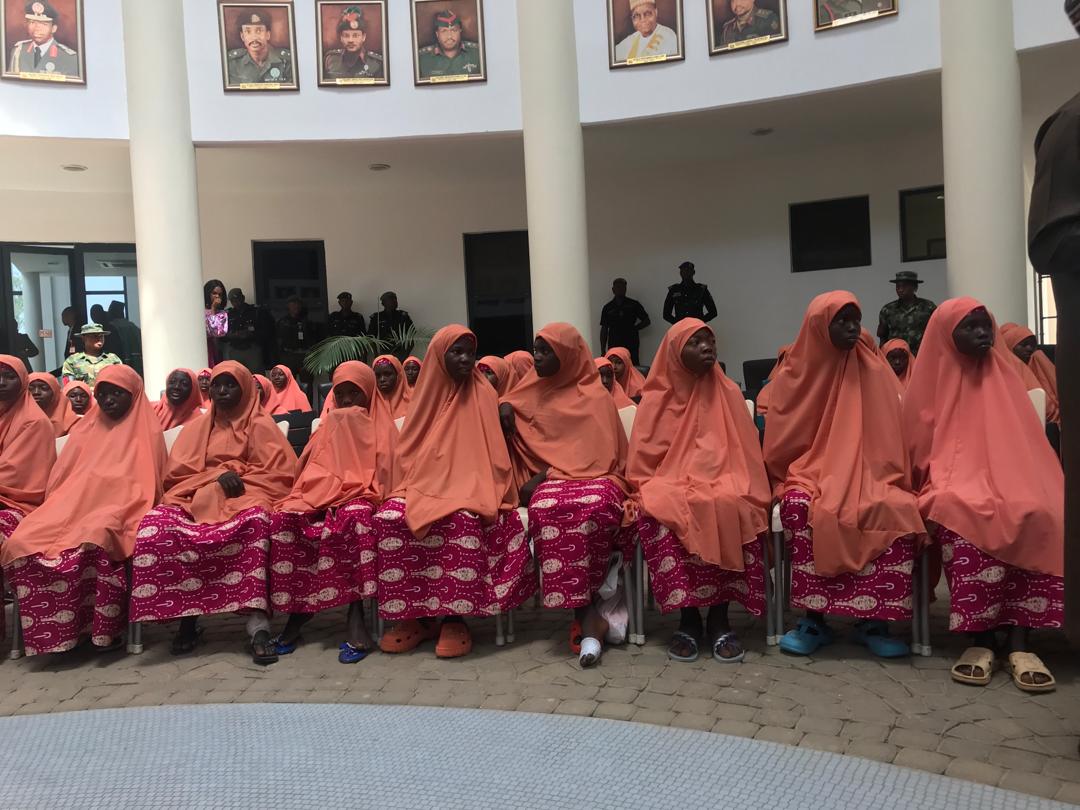I had a conversation with a young lady last year who was in a Master’s program in Education. I could tell she was passionate about the field, but she was concerned about something: she didn’t want to be a teacher.
I resonated with her concerns. She is not the only one.
I was speaking to another young lady recently who was also interested in education but not as a classroom teacher, which made her wonder how she might fit in the field. If you have wondered what professional opportunities exist within the education sector besides teaching, this article is for you. Being a professional in the education sector doesn’t have to be limited to teaching, there are at least 6 sub-sectors with multiple professional opportunities. I discuss them briefly below:
Education Practice
This is the one most people are familiar with. Education practice professionals are the ones actively doing the work of teaching and learning. This is where teaching at any education level (primary, secondary, or university) falls. Teacher trainers might also fall into this sub-sector.
Advertisement
Education Research/Design
Education researchers and designers are concerned with understanding how education works and coming up with theories and explanations to describe it. They also help to shape new and better ways education might work using evidence-driven methods. They may or may not be involved in actual practice.
Education Leadership/Administration
Education leaders are the ones concerned with the planning, administration, and management of the education sector. They function at 2 levels: institutional level and government level. The institutional level is found within specific tiers of education, i.e. primary, secondary, and university, such as principals, proprietors, deans, vice-chancellors, etc. While government-level leadership is tasked with higher-level administration that governs the functioning of multiple educational institutions. They usually work across tiers of government.
Education Advocacy
Education advocates focus on rallying necessary support that advances the education process and systems. They work to make existing situations within the education system better. You find them fighting injustices within the education systems, getting education leaders, policymakers, and the general public aware of the kind of education needs of specific people, districts, cities, states, regions, etc. They also advance causes that address several socioeconomic issues hindering education, e.g. financing, cultural barriers, etc. Some of them might work on a general scale, e.g., reducing the number of out-of-school children in a country; while some might work on a local scale, e.g., rallying sponsorship for the education of children within a specific community.
Advertisement
Education Policy Making
Education policymakers are the ones designing the policies of education, i.e., how education is done.
They are different from education leaders in that they are the ones who determine the process of education that education leaders then have to manage. They are responsible for making new policies, evaluating the impact of existing policies, measuring the outcomes of implemented policies, etc.
Education Gap-Bridgers
I called them gap-bridgers because I didn’t have a better descriptor. They are the ones who bridge gaps either within or between the earlier listed sub-sectors. For example, I once worked with an organization that provides after-school education programs for public school students in underserved communities as a way of filling the gap of poor quality of education these students were receiving in their schools. They had young people like myself who were happy to teach the students Mathematics, Biology etc. to serve as volunteer teachers. That’s an example of bridging some gaps within the sub-sector of education practice. Some people and organizations also work to fill the gaps between sub-sectors e.g., by bridging the gap between education practice and education policymaking by creating innovative ways to ensure that teachers are carried along in the formulation and implementation of education policies.
I should note that this is not an exhaustive list. As the world changes, new opportunities emerge. For example, some might argue that certain kinds of coaching work are forms of adult education and thus argue that coaches are educational practitioners. Also, over the years, many of these roles have become interconnected. So it’s possible to find education professionals who work across multiple sub-sectors.
Advertisement
My most important goal for this article was to make you see that education is truly an expansive field and that there are multiple opportunities for different kinds of people, including those who don’t want to teach!
Oluwatoyin is a Doctoral Researcher in STEM Education, a Social Entrepreneur and Education Policy Advocate. She writes from Nigeria and the United States. She can be reached at [email protected] or on LinkedIn here.
Views expressed by contributors are strictly personal and not of TheCable.
Add a comment







